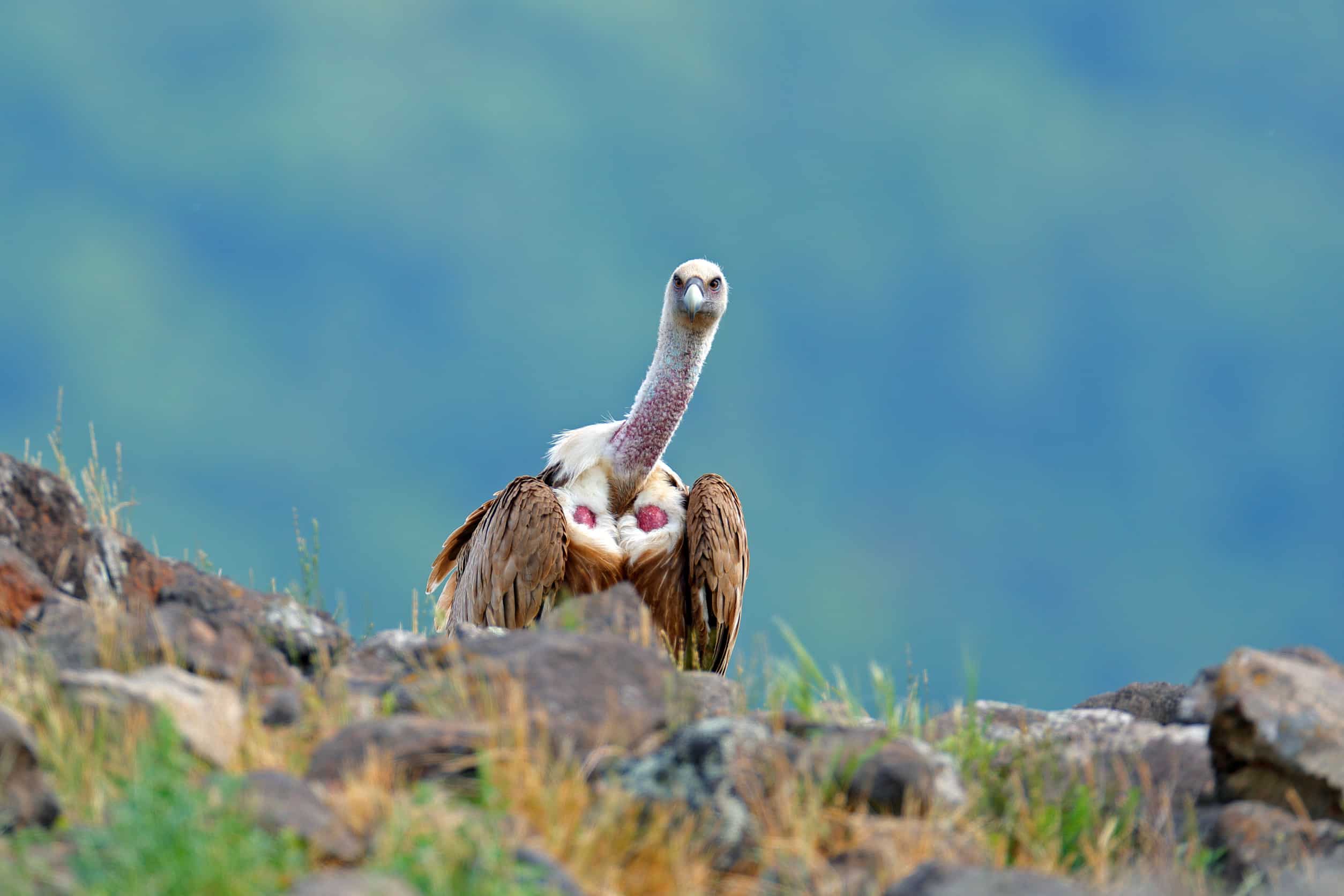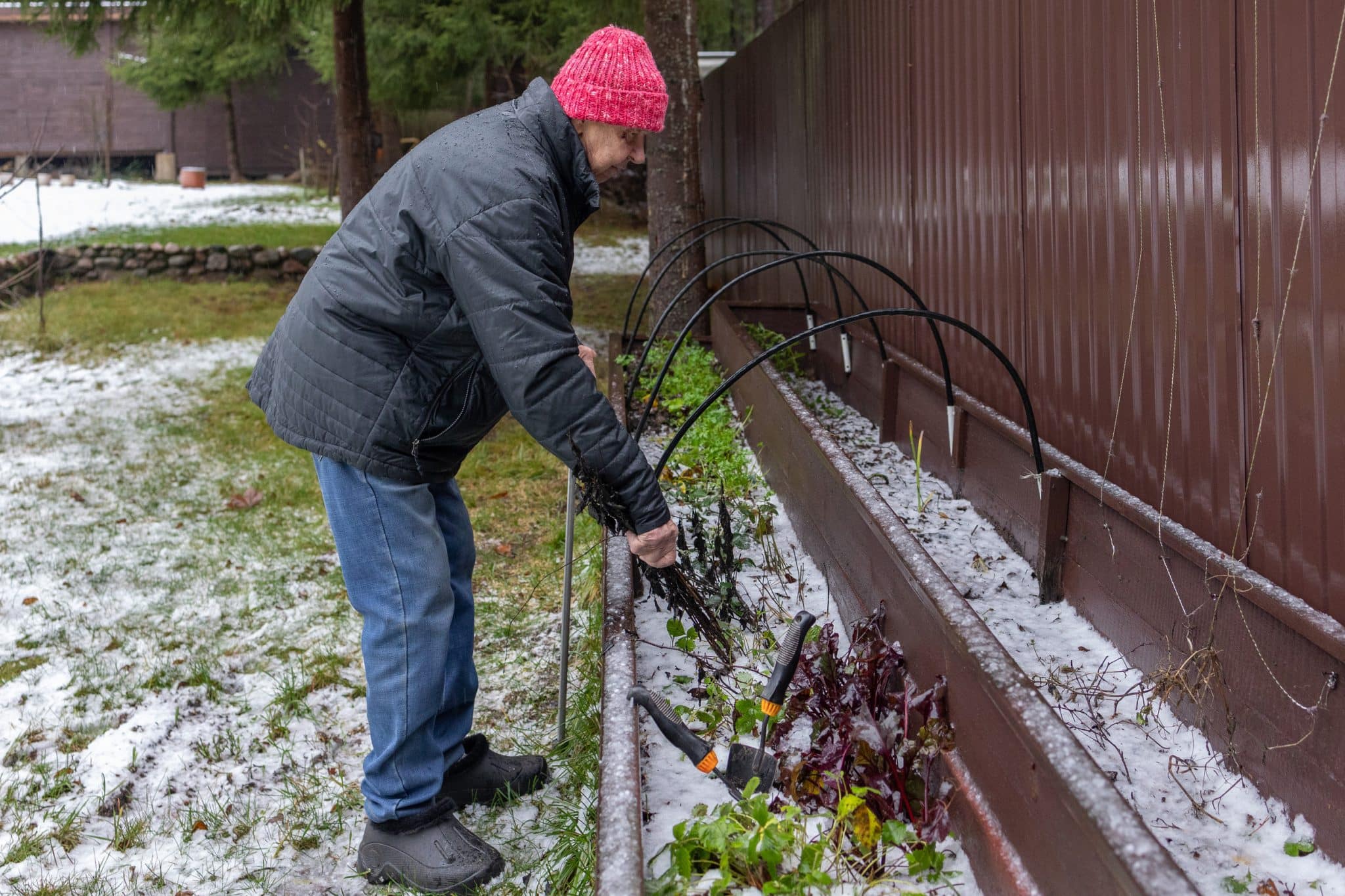Image Credit: ondrejprosicky/123rf.com
Vultures are making a remarkable comeback in Bulgaria, a development heralded as a significant achievement in European conservation efforts. Once abundant across the continent, these birds faced severe decline due to hunting, habitat destruction, and poisoning, leading to their near extinction in many regions. Today, thanks to coordinated rewilding initiatives backed by the European Union, vultures are once again gracing the skies of the Balkan Mountains.
The Griffon Vulture and the Cinereous Vulture are two species that have been successfully reintroduced into Bulgaria through strategic projects initiated in 2010 and 2018. Conservation organizations, including the Fund for Wild Flora & Fauna (FWFF) and Green Balkans, have collaborated with international partners such as the Vulture Conservation Foundation (VCF) and the European Association of Zoos and Aquaria (EAZA). These efforts have led to the release of hundreds of vultures, marking a significant milestone for biodiversity in the region.
In a historic first for Bulgaria, three Bearded Vultures, recognized as Europe’s rarest vulture species, have also been reintroduced. This successful endeavor completes the quartet of native vulture species in the area, enhancing the ecological balance and promoting genetic diversity among European, North African, and Turkish vulture populations.
The reintroduction process goes beyond simply releasing birds into the wild. Conservationists are actively working to restore habitats, monitor vulture behavior, and educate local communities to foster coexistence. Innovative tracking technology is being utilized, with some vultures fitted with sensors that provide real-time data on their geolocation and health. This monitoring is crucial for ensuring the birds’ well-being and addressing any threats they may encounter.
Despite these positive developments, vultures continue to face significant challenges. Electrocution from power lines, habitat loss, and limited food sources pose ongoing risks. The most alarming threat remains illegal poisoning, a method some farmers use to eliminate predators, which inadvertently harms vultures that feed on contaminated carcasses.
The BalkanDetox LIFE project is tackling this issue by enhancing poison detection, strengthening law enforcement, and running awareness campaigns aimed at reducing poisoning incidents to safeguard these vulnerable bird populations.
The recovery of vultures in Bulgaria stands as a testament to successful conservation efforts, yet it remains a delicate situation. Continued protection under laws like the EU Birds Directive, which safeguards all bird species within the European Union, is essential for maintaining their resurgence. As rewilding efforts progress, the future of these majestic birds depends on sustained funding, effective policies, and ongoing public support to ensure they remain a part of Europe’s natural heritage.
Check out the original article here: Source link



